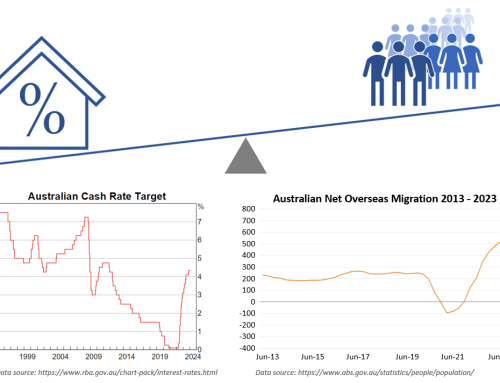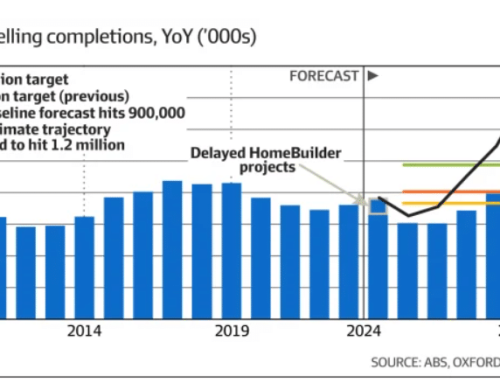Barriers to entry: only the brave need apply
Seek.com.au.
The website alone has brand recognition that brings up different opinions.
Whether you live in Melbourne or Mudgee, Sydney or Swan Hill, Seek is the pre-imminent leader in putting employees and employers together in Australia.
Anybody who is searching for a job uses Seek, and anybody who is employing for a job does so through Seek. This ubiquity of the brand is built upon a reputation of being the number one job-searching site in Australia, creating barriers for competitors that makes it almost impossible for them to compete.
Love it or hate it, Seek is a lesson in how business in marketplaces with high barriers to entry can grow and dominate without navigating the perils of highly competitive markets or industry.
Barriers to entry is the operative phrase here.
As we’ve talked to our business coaching clients in a wide range of industries, we’ve identified a recurring theme of these “barriers to entry”. The following four barriers are common, regardless of industry or market, and we’re sharing them with you.
They are:
- Switching costs, time or energy: This barrier revolves around how much effort is required to actually switch from one supplier to another, and how reliant a client is on its suppliers.
- Payment terms: This barrier encompasses the ability for organisations to extend credit terms. Is the industry hyper-competitive and clients can demand payment terms or is the power held with the organisation receiving payment?
- Complex reporting requirements: Is there a high level of certification required to enter the industry, or is it a “start work and start selling” setup?
- Security clearances: Do you need to have some sort of security clearance to be able to work on site/within an industry (think working on the tarmac at Melbourne Tullamarine Airport, which requires special clearances, for example).
The reason we’re so interested in barriers to entry as business coaches (and why you should be too) is that they present a massive opportunity for growing businesses to enter a marketplace.
And why, you may ask?
- Higher barriers to entry may mean hard work to get into the market, but once inside there is a whole range of benefits.
- You have substantial pricing power. Competition is nowhere near as concentrated on price as it is in more competitive markets, and this means price is not the only determinant for sales.
- Your competition is significantly reduced. 90% of business generally can’t enter a specific marketplace due to barriers, which makes your market so much smaller and manageable.
- You are able to build longer lasting, profitable relationships. This is mainly due to the previous point, as barriers to entry are so high and competition is relatively low, clients tend to stick with those who do a job well, meaning there is less emphasis on sourcing new leads.
So find that industry, marketplace or niche that other, less dynamic businesses ignore, and the benefits (though not always easy to attain) can boost your business to a new level.
What other barriers to entry have you found when dealing with new marketplaces?
Image source: By Mark Ahsmann (Own work) [CC-BY-SA-3.0 (http://creativecommons.org/licenses/by-sa/3.0)], via Wikimedia Commons





